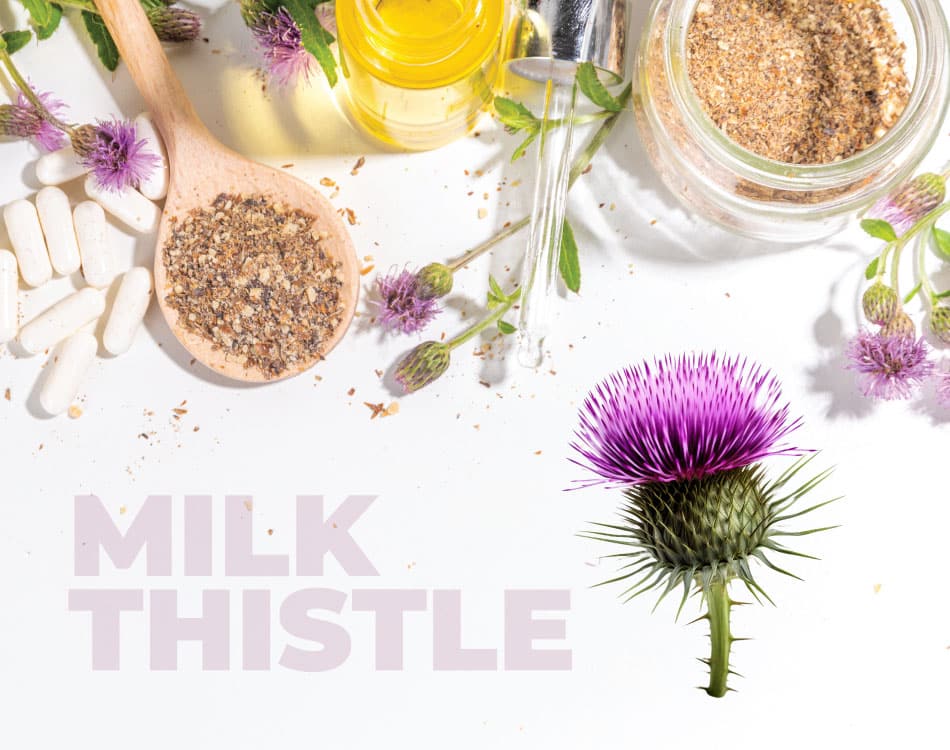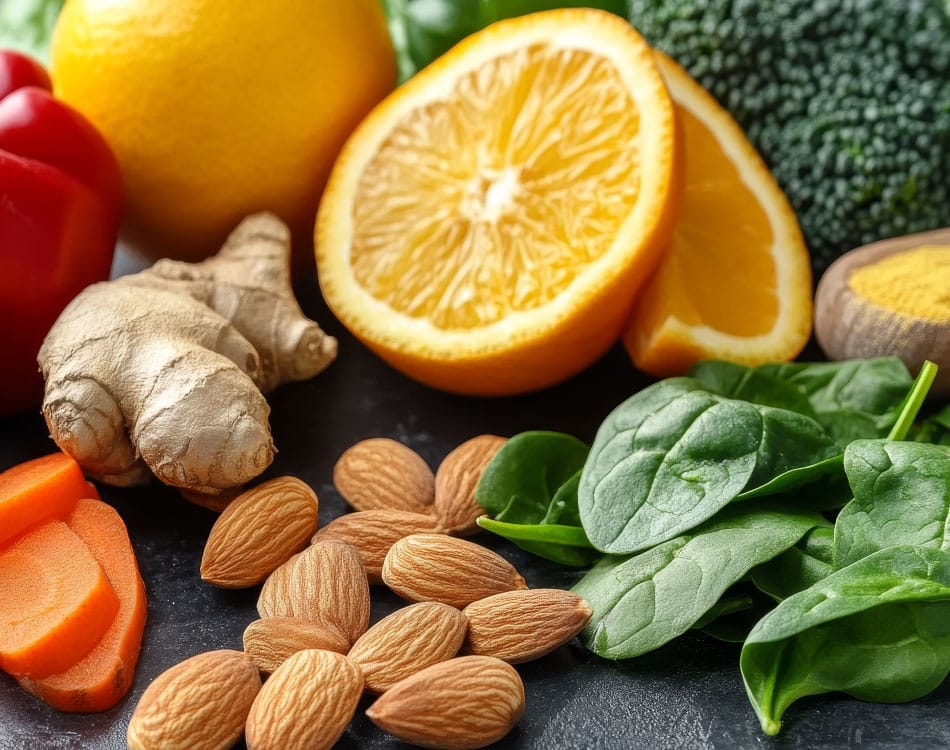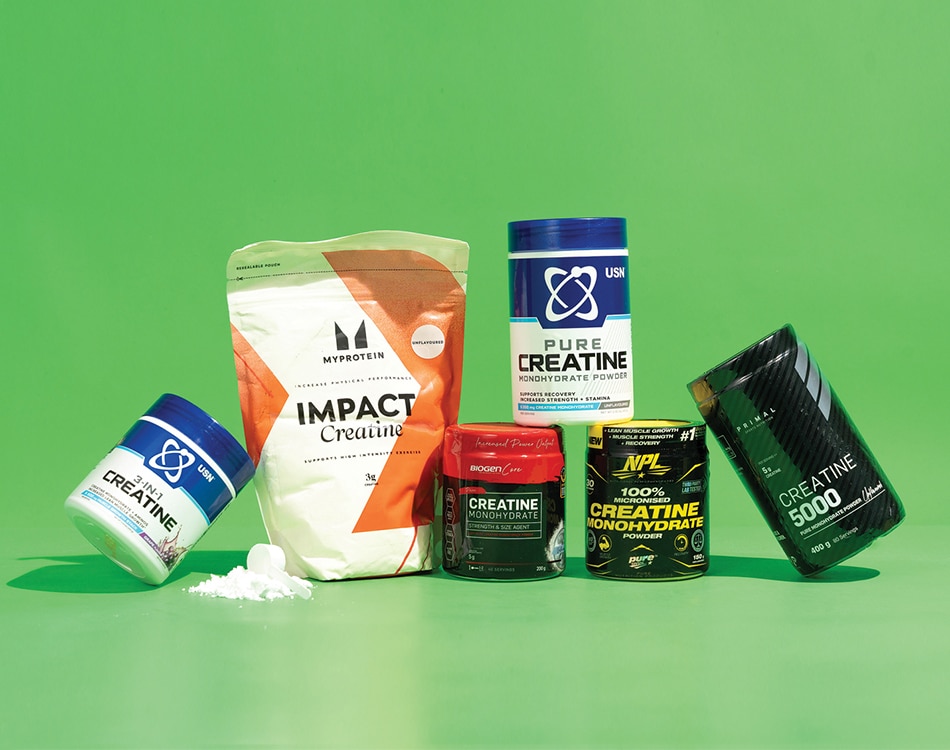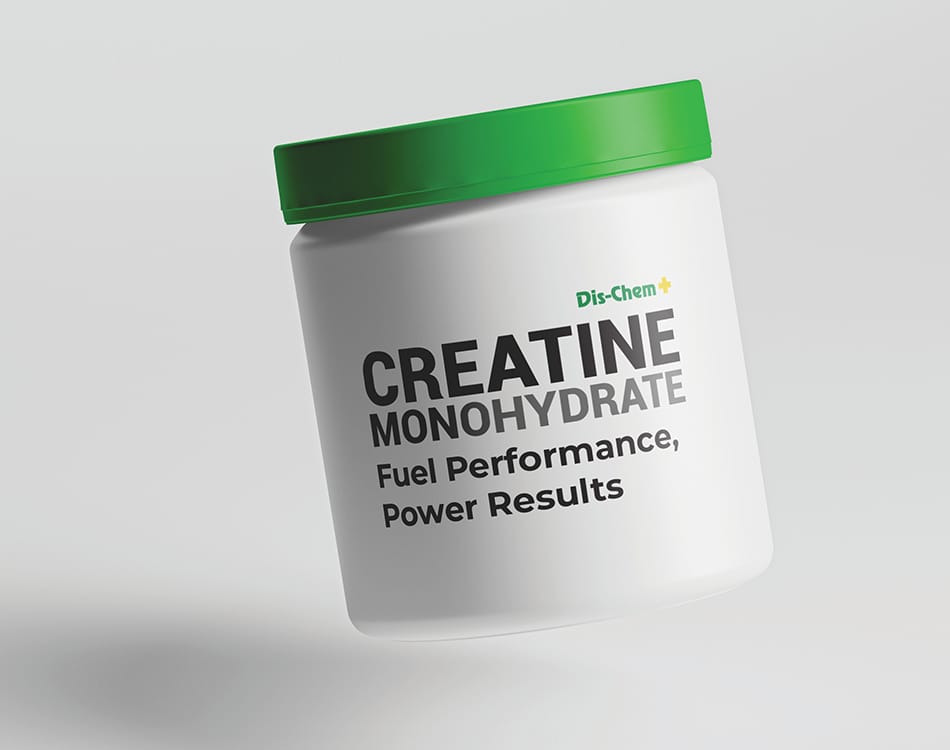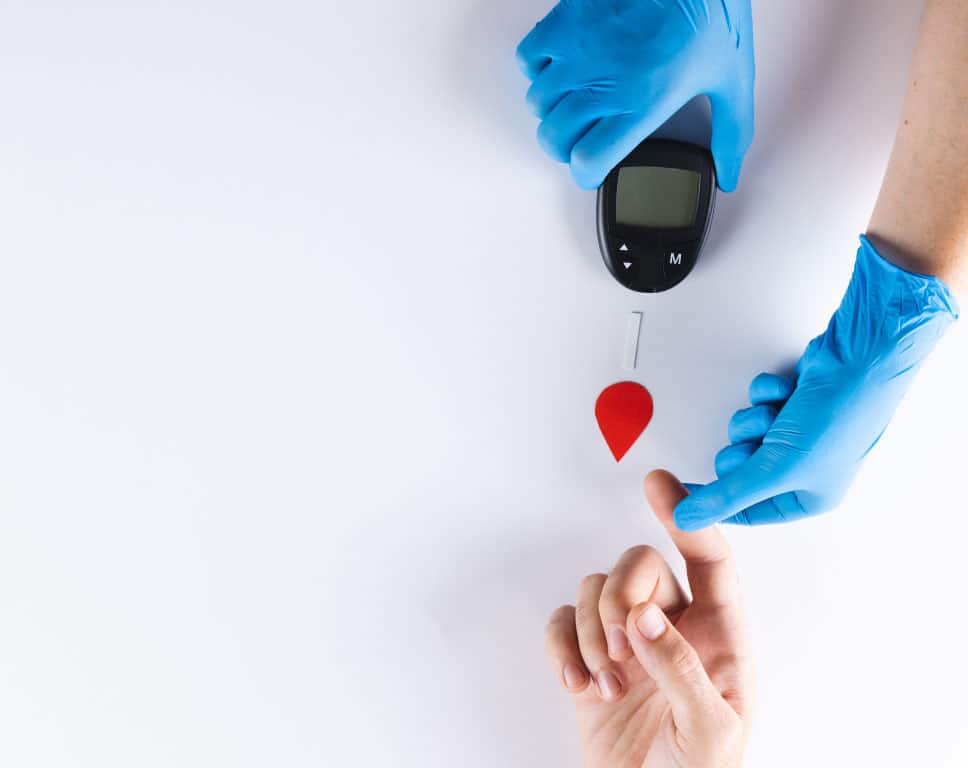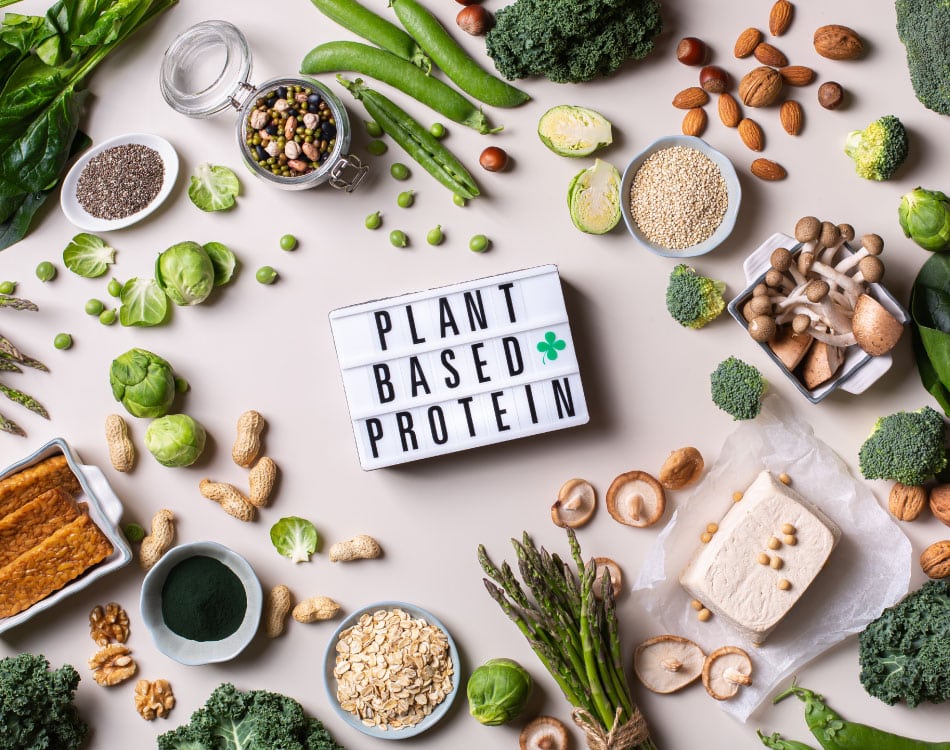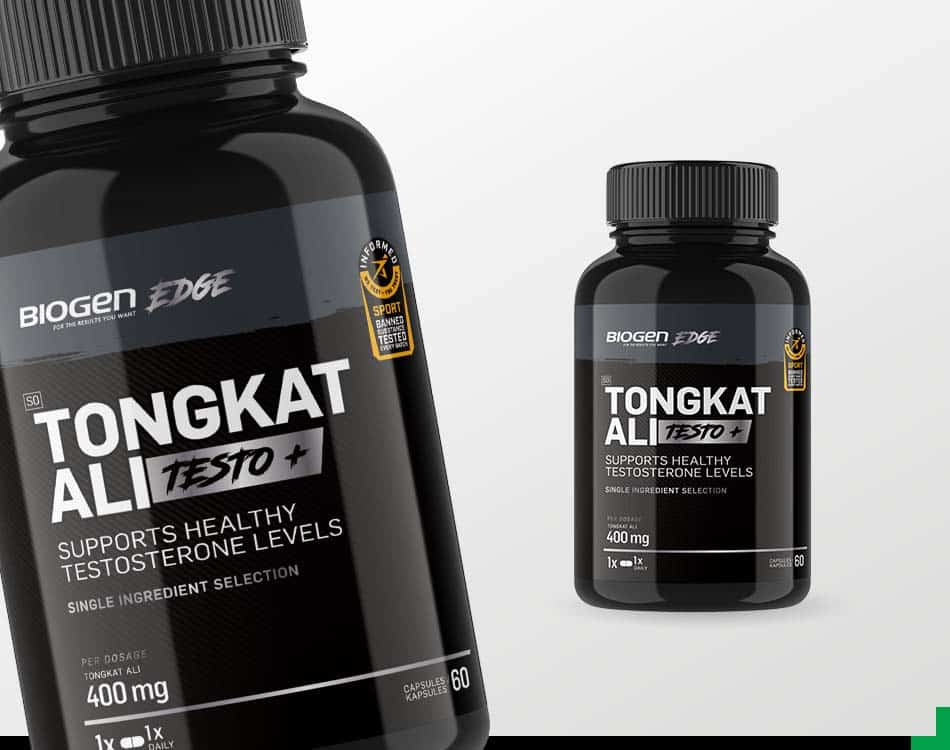Milk thistle is widely considered a detoxification supplement due to its ability to support liver function.
Milk thistle (Silybum marianum) is a spiky purple flowering plant from the aster or daisy family, and has been used by ancient physicians and herbalists to treat a range of liver and gallbladder diseases and to protect the liver against a variety of poisons1.
READ MORE | The right way to detox (+ a 5-step plan)
Our body’s filter
The liver is a critical organ responsible for numerous functions, including filtering blood, regulating blood sugar, metabolising nutrients, medicines, and alcohol, among other substances, and producing bile and essential proteins.
The liver’s primary detoxification makes it responsible for filtering substances from the blood – some harmful – and converts them into less toxic forms for excretion.
The bile it processes aids digestion, helping the body break down fats, and the liver processes carbohydrates, proteins, and fats into energy to support metabolism.
It is also a storage site for numerous micro- and macronutrients, including nutrients like vitamins A, D, E and K, iron and glycogen, which is the form of stored glucose.
Due to its detoxification and filtration role, it is constantly exposed to toxins, making it susceptible to damage.
READ MORE | Your 7 Day Detox Guide
Support liver health with milk thistle
The active ingredients in milk thistle are silymarin and silybin, a group of flavonoids believed to be responsible for its beneficial effects.
Studies suggest that silymarin may act as a liver protectant and may support healthy liver function.
One study2 suggests milk thistle exhibits its liver-protecting (hepatoprotective) properties by 3 major mechanisms:
- As an antioxidant
- As an anti-inflammatory, and
- As an antifibrotic substance
The antioxidant properties of milk thistle help to protect liver cells by shielding them from free radical damage, which are harmful molecules that contribute to cellular ageing, and may reduce inflammation in the liver2.
Silybin also shows promise as an antifibrotic agent, which is attributable to its ability to decrease platelet-derived growth factor (PDGF)-induced DNA synthesis in cells, which inhibits the transformation of stellate hepatocytes into myofibroblasts.
By reducing myofibroblasts, silybin indirectly prevents collagen fibre deposits that may lead to the progression of liver injury2.
Additional health benefits related to milk thistle include possible assistance in helping to relieve digestive disturbances due to its role in bile production.
A 2016 meta-analysis3 that compiled the results from five human studies that examined the effects of milk thistle on type 2 diabetes also demonstrated improved glycaemic (blood sugar) control and minimal complications.
READ MORE | Love your liver by eating more of these superfoods
Important considerations
While milk thistle shows promise in research as a liver and digestive support supplement, it is essential to consult with your healthcare provider or qualified dietitian before including a supplement in your daily regimen, especially if you have an existing liver condition or are taking medications.
Moreover, a supplement is never a cure-all. As such, milk thistle products like Biogen Milk Thistle and Dis-Chem Gold Milk Thistle should always serve as a complementary approach to liver function and overall health and should never replace conventional medical treatment.
When choosing a suitable product, always choose reputable brands that provide information about the silymarin content because the quality of the extract matters.
References
- Mulrow C, Lawrence V, Jacobs B, et al. Milk Thistle: Effects on Liver Disease and Cirrhosis and Clinical Adverse Effects: Summary. 2000. In: AHRQ Evidence Report Summaries. Rockville (MD): Agency for Healthcare Research and Quality (US); 1998-2005. 21.
- Achufusi TGO, Pellegrini MV, Patel RK. Milk Thistle. [Updated 2024 Feb 28]. In: StatPearls [Internet]. Treasure Island (FL): StatPearls Publishing; 2024 Jan.
- Voroneanu L, Nistor I, Dumea R, Apetrii M, Covic A. Silymarin in Type 2 Diabetes Mellitus: A Systematic Review and Meta-Analysis of Randomized Controlled Trials. J Diabetes Res. 2016;2016:5147468. doi: 10.1155/2016/5147468. Epub 2016 Jun 1. PMID: 27340676; PMCID: PMC4908257.

